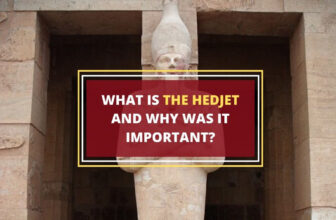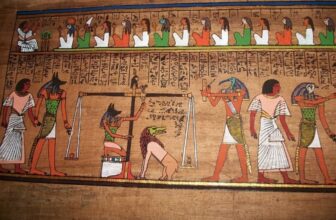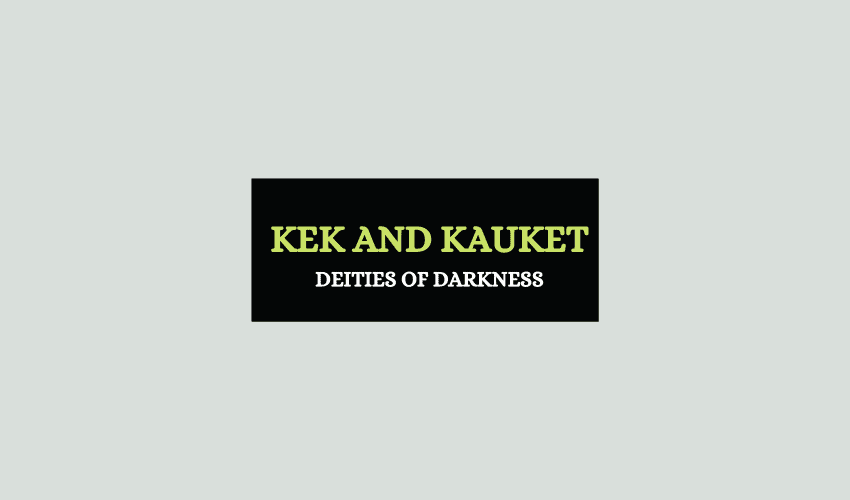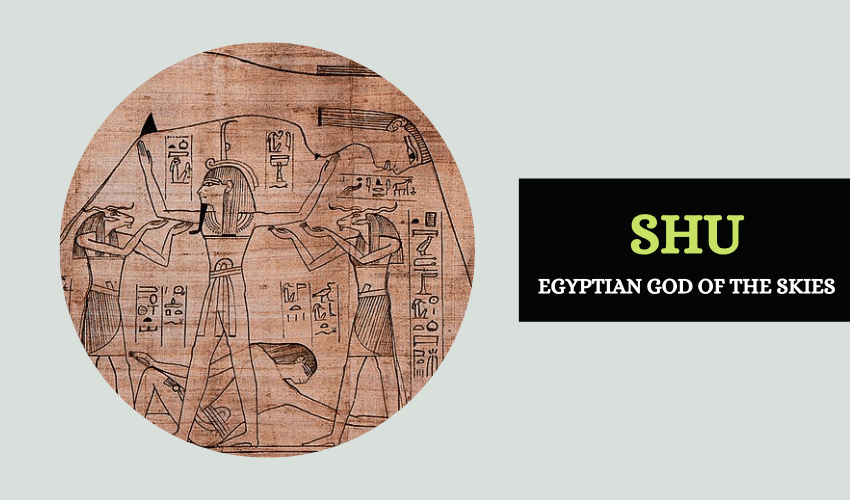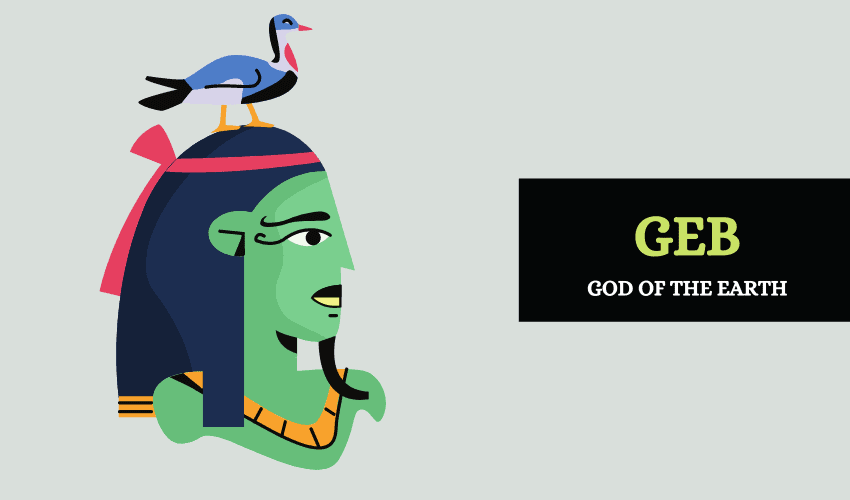
Table of Contents
In ancient Egypt, the god Geb, also known as Seb or Keb, was the great god of the earth. He was the son of earlier primordial elements and the ancestor of a group of gods who would influence the world.
Geb was a mighty god and a remarkable figure in Ancient Egypt. He influenced the cosmos, the earth, and also the Underworld. He was the ancestor of the second line of deities, who would shape Egyptian culture for centuries. Geb transcended generations and was an influential part of royalty due to the well-established rule of his time. He remains a central character of Egyptian mythology.
Here’s a closer look at his myth.
Who Was Geb?
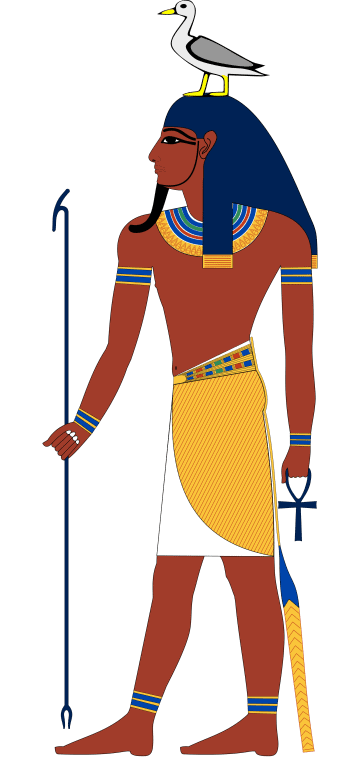
Geb was the son of Shu, the god of air, and Tefnut, the goddess of moisture. He was the grandson of the creator sun god Atum. Geb was the god of the earth, and he had one sister, Nut, the goddess of the sky. Together, they formed the world as we know it: In Egyptian art, Geb lay on his back, constituting the earth, and Nut arched over him, creating the heavens.
Many of their depictions show them fulfilling their roles. At the beginning of time, Geb lived in the cosmos alongside Shu, Atum, Nut, and Tefnut. His children, on their part, had to do with both heavenly and human affairs.
Geb and Nut
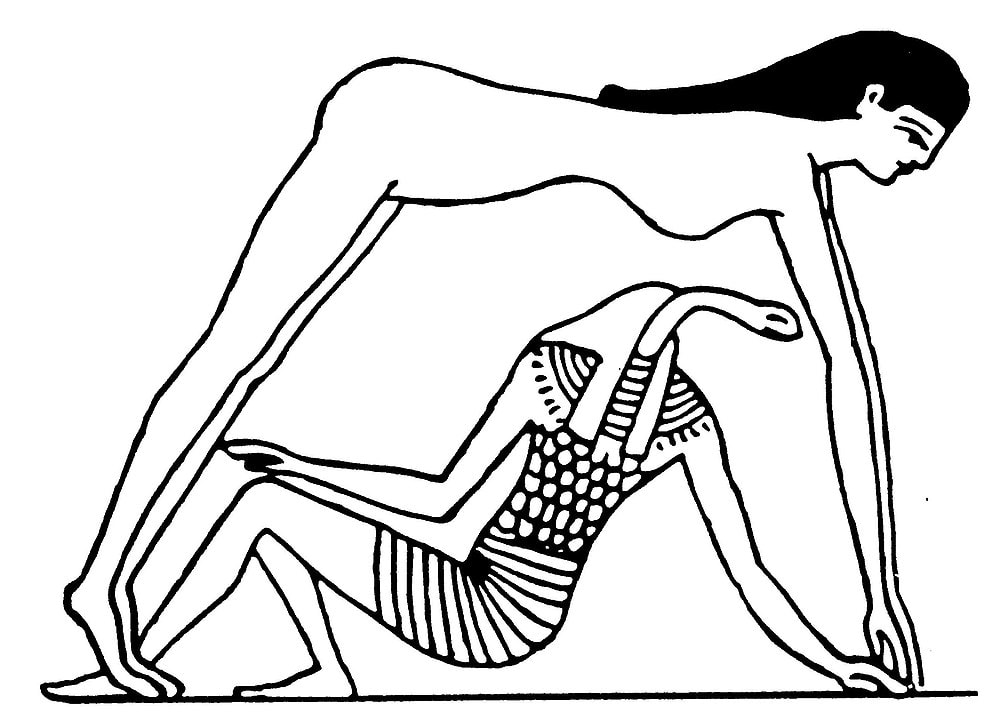
Geb’s myths are closely connected to Nut and the two of them are best seen as a pair. According to the myths, Geb and Nut were born embracing one another and fell in love. Under Ra’s commands, Shu separated the two of them, thus creating the separation between earth and sky as we know it. Some sources propose that the ocean was the result of Geb’s crying over the separation. Besides being her sister, Nut was also Geb’s consort. Together they had several children, the famous gods Osiris, Isis, Seth and Nephthys.
Geb’s Role in Egyptian Mythology
Although Geb was a primeval god at the beginning of time, he later became one of the Ennead of Heliopolis. The Ennead was a group of the nine most important deities of Egyptian culture, especially during early times in Egyptian history. People worshipped them in Heliopolis, a major city in Ancient Egypt, where they believed the gods were born and where creation had begun.
- Besides being a god, Geb was a primeval divine king of Egypt. Because of that, the pharaohs of Ancient Egypt were direct descendants of the god; the throne of the pharaohs was called The Throne of Geb. Just as his father had passed the crown onto him, Geb gave the throne to his son Osiris. After that, he left for the Underworld.
- In the Underworld, Geb served as a judge in the divine tribunal of the gods. In this tribunal, they judged the souls of the dead. If the soul weighed less than the feather of Ma’at, then they could go to the bosom of Osiris and enjoy the afterlife. If not, the monster Ammit devoured them and their soul was lost forever.
- As the god of the earth, Geb had to do with agriculture since he allowed the crops to grow. In some accounts, his laughter was the origin of the earthquakes. Every time Geb laughed, the earth would shake.
- In ancient Egypt, he was also considered the father of snakes. One of the ancient Egyptian names for snakes stood for son of the earth. Because of this, people saw them as offspring of Geb. In some accounts, Geb was the spouse of Renenutet, the cobra Goddess of the harvests. In these depictions, he was a deity associated with chaos.
Geb and Horus
After Geb stepped down from the throne, his sons Set and Osiris began fighting over it. Set ultimately killed and mutilated his own brother Osiris and usurped the throne. Later on, Geb helped Osiris’s son, Horus, to retrieve power and take his place as the righteous king of Egypt.
Influence of Geb
As one of the Ennead, Geb had significant influence in ancient Egypt. Together with the other gods, he would mark an era and a culture. As a deity associated with agriculture, he was responsible for the abundance of the crops and the harvests. Ancient Egyptians considered crops as a gift from the copiousness of Geb.
In the myths, Geb was also responsible for all the gems, minerals, and precious stones that emerged from the earth. In this sense, he was the god of caves and mines.
Geb was the third great divine king of the world after Ra and Shu. His period in power had abundance, prosperity, order, and greatness as its main characteristics. Due to all these traits, the royal families of Ancient Egypt took him as the foremost figure of royalty.
Since he was the god of the earth and the creator of earthquakes, he is also responsible for many natural catastrophes of Ancient Egypt. Depending on the time, the region, and the myths, Egyptians considered him either a benevolent or chaotic deity.
Several authors have drawn similarities between Geb and the Greek titan god Cronus, who is his Greek equivalent.
Geb’s Depictions
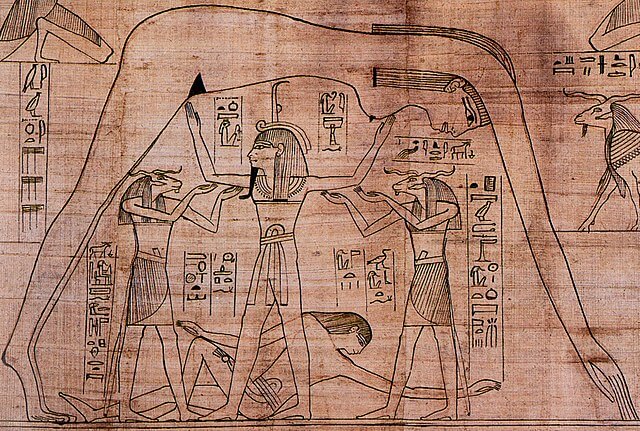
Geb is depicted in several ways and with various symbols and associations.
- In some of his depictions, Geb is portrayed with a goose posed on his head. The goose was the hieroglyph of his name.
- In other portrayals, the god is depicted with green skin because of his associations with death.
- In other artworks, Geb appears as a bull or a ram.
- In the Book of the Death, his depictions show him as a crocodile.
- Some portrayals show him with a snake around his neck or with the head of a snake.
Probably the most popular depiction of Geb is together with Nut. There are several pieces of artwork in which Geb appears lying under Nut, with the two creating the vaulted shape of the world. It is a famous depiction of the two deities in ancient Egypt.
Geb’s Symbols
Geb’s symbols are barley, which points to his association with agriculture and the earth, the goose, which is the hieroglyph of his name, the bull and serpent.
Geb Facts
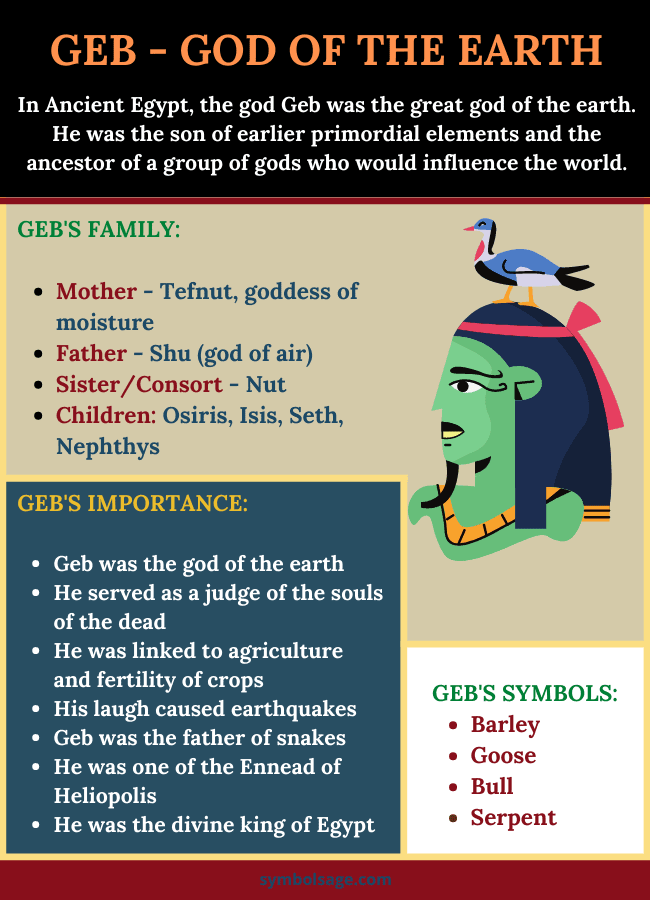
Geb was the god of the earth according to ancient Egyptian beliefs.
Geb and Nut were born in a tight embrace and had to be separated by their father, Shu (the air).
Geb had four children with Nut – Osiris, Isis, Set and Nephthys.
Geb’s parents are Shu and Tefnut
In later myths, Geb was considered a member of the Ennead of Heliopolis and the primeval divine king of Egypt.
In Brief
Geb’s influence in Egyptian mythology is critical and he remains one of the most important gods. Worshipped as the earth god, Geb was believed to influence the agriculture and natural landscape of the earth.




